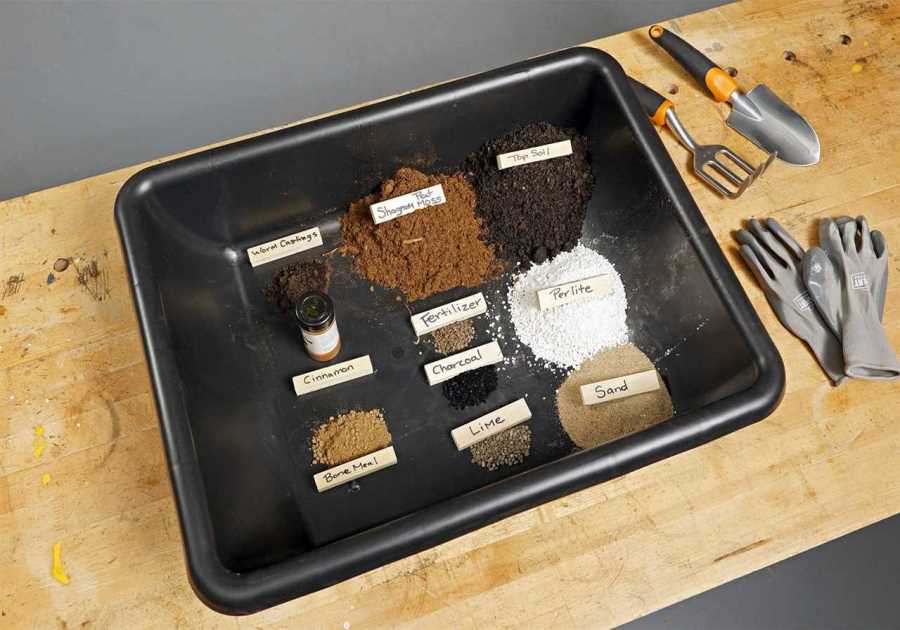
Scales. You’re supposed to play them, right? Maybe you feel guilty because you don’t practice them enough – or at all. Or maybe you practice them excessively as an unconscious way to avoid tougher creative challenges. But what’s an appropriate commitment to musical scales and why play them at all?
There are plenty of benefits from learning and practicing scales, such as improved technique, dexterity, fingering, memorization of keys, and learning the fretboard. But have you discovered the power of mastering scales in playing the music you want to play?
Wouldn’t You Rather Just Play Songs?
Practice time is precious, and we look forward to spending it on the music we love. That can make it hard to get around to scales, because we tend to think of scale playing as an exercise that’s unrelated to song playing. But the two are really inseparable.
The melody, leads, riffs, and chords in a song all come from the scale. This may not be news to you but when you keep it at the front of your mind as you work through new songs or musical ideas, everything changes. And all those changes start with intentional scale practice.
Play It Well
Playing scales is valuable but practicing them in a rote manner diminishes that value. Scale practice at its best is a time for you to invest in the musical elements that enhance everything you play. To achieve this level of scale practice, you’ll need to give it your full attention, focusing on proper technique, sustain, dynamics, and rhythm.
As you progress, you’ll begin experimenting with new rhythms and manipulating the order of notes to create new sounds. By practicing this way you’ll not only be investing in your finger strength and fretboard mastery, you’ll also be ingraining the qualities that you value in music—and you’ll never get bored!
Learn One Pattern, Play 12 Scales
The best way to learn musical scales on the guitar is to use movable patterns that don’t include any open strings. By using a pattern consisting only of fretted notes, you can play any scale, simply by changing positions on the fretboard.
Even if you don’t play barre chords or know the notes on the fretboard yet, you can quickly learn enough to start playing scales. You only need to be able to locate the notes on the 6th string, so that you can find the starting point for the scale you want to play. Watch this short video lesson to learn how to find notes. Then, practice finding notes on the 6th string until you can do it with ease.
Scale Pattern #1
It’s a good idea to use scale playing as a warm-up every time you play. I made this video to help you learn your first scale pattern. Follow the instructions carefully and memorize the pattern before beginning your practice. There are plenty of exercises to do with this pattern as you progress, so it won’t get stale.
Be Thorough, Have Fun!
You’ll be amazed at how much music you can make on your guitar with just this one pattern. But the possibilities multiply when you combine two! Don’t get in a hurry to learn the second scale pattern though. You’ll get the most benefit from saturating your knowledge and use of the first pattern before moving on.
With the right approach, scale playing is really fun, and the rewards are undeniable. Enjoy!
Let’s Have a Conversation:
How do you feel about playing scales on your instrument? Can you identify ways to get more from your scale practice?
------------------------------------
By: Charlotte Adams
Title: The Ups and Downs of Musical Scales
Sourced From: sixtyandme.com/musical-scales/
Published Date: Mon, 03 Jun 2024 20:33:00 +0000
Did you miss our previous article...
https://conservativedailytimes.com/lifestyle/discover-the-most-fascinating-palios-in-italy
.png)





